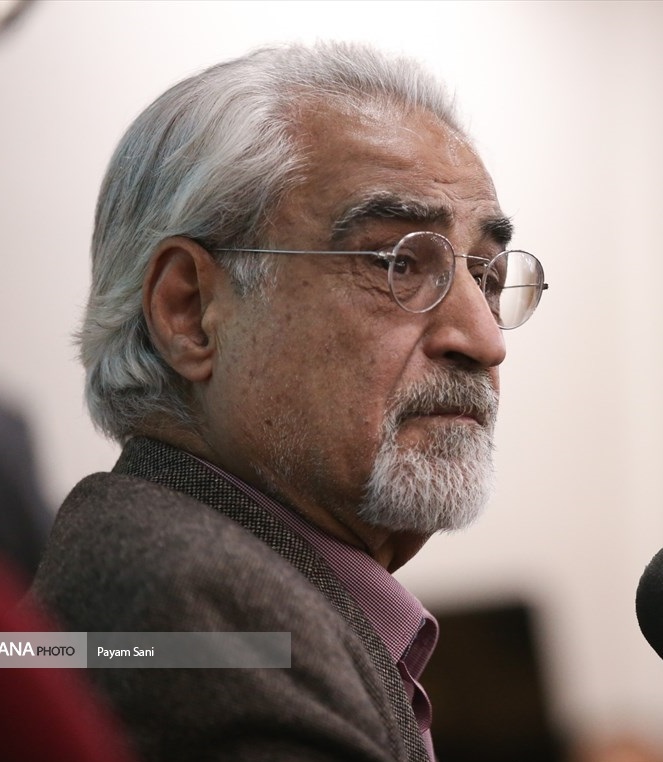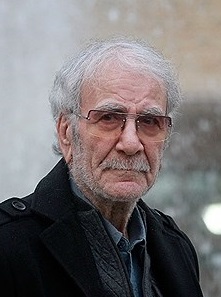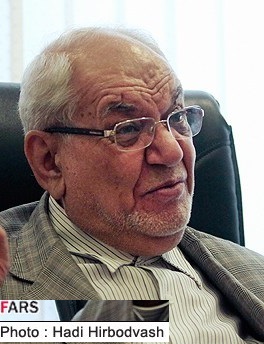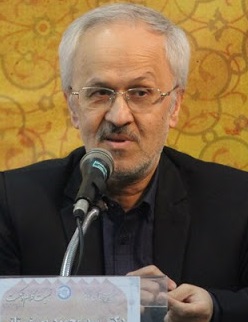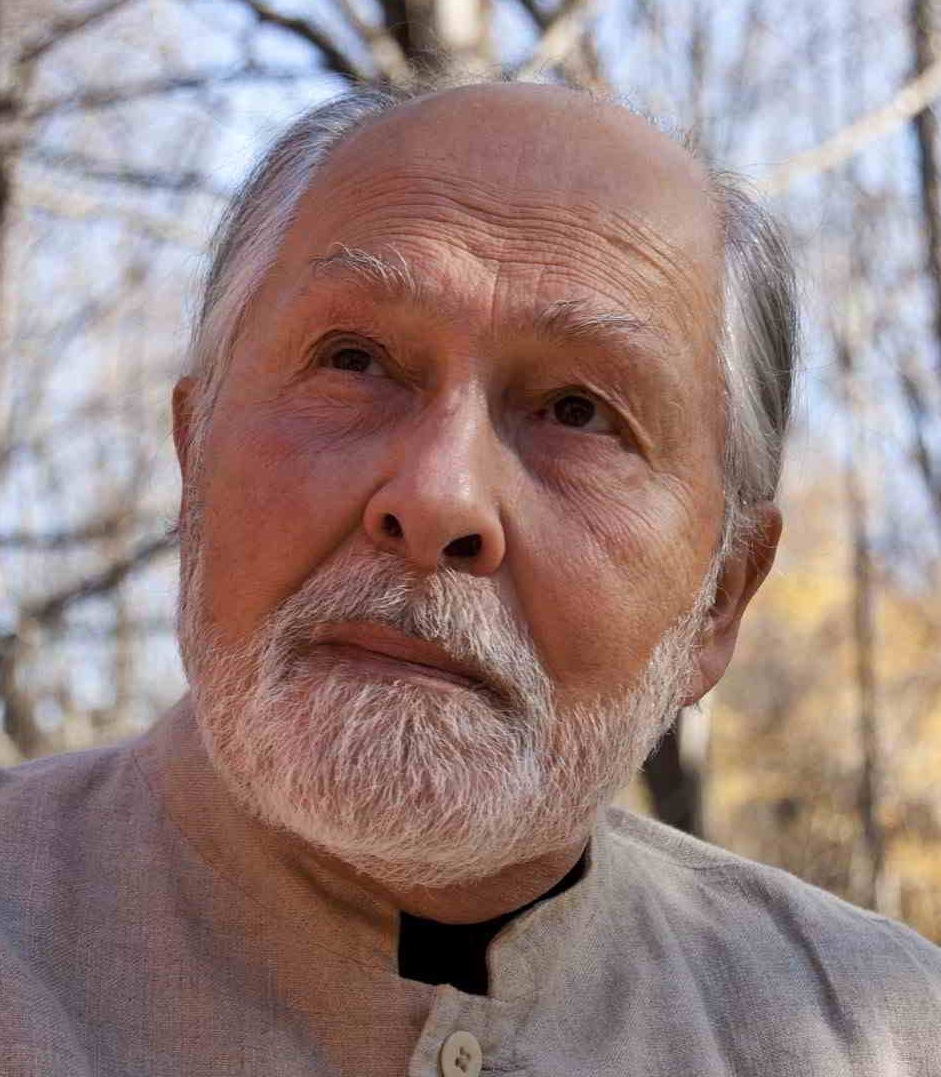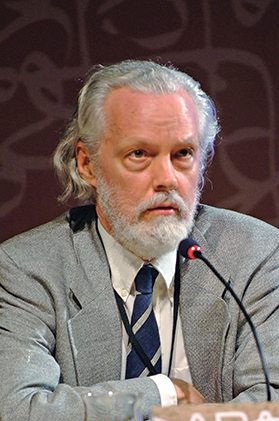Violence against metaphysics: A critical study of radical criticisms against metaphysical violence
Keywords:
Criticism of metaphysics, Violence, forgetting the other, Oppression, Levins, HumilityAbstract
One of the most radical criticisms by contemporary philosophers against metaphysics refers to the violence embedded in and developed by metaphysics. This criticism rejects the possibility of thinking about Being arguing that metaphysical thought due to its insistence on thinking clearly and distinctly, and for its method of transcendence results in suppression, possession, and tyranny. Different versions of this criticism unravel many secret points within the history of philosophy; yet, they all relate a specific narration of the history of philosophy that can be criticized itself. Many of such criticisms involve a kind of bias, sophistication, and negligence in their reading (and interpreting) of the history of philosophy. They rarely refer to philosophical texts, and their claims seldom are supported by a close reading of a text in its context. Contrary to this criticism, a different narration of the story of philosophy can be provided in which metaphysics and morality have the same origin. This article studies two versions of the criticisms against metaphysical violence: that of Levinas, as the most significant critic of metaphysics, and of Mc Cumber, as he has explained in more details how metaphysical violence transpires on the realm of act. Then, an explanation will be provided to argue for another narration of metaphysics in which metaphysics is a moral act in its origin and in its development: it requires to be humble in front of reality, and to be in search of the common foundation between the self and the other. Key words: Criticism of metaphysis, violence, ignoring the other, suppression, Levinas, humilityDuring the last century, radical criticisms against metaphysics have changed the concept and status of metaphysics in the field of philosophy. The most important among the radical criticisms is that metaphysics is a violent discipline that justifies, even motivates, violence in practice. This criticism not only unravels the methodological and theoretical error of metaphysics; it also examines the practical implications of metaphysics for the concrete life of human in the history of philosophy. This is due to this latter point that the criticism of metaphysical violence can be regarded as the most overwhelming critique against metaphysics. Violence, first and most, refers to action and the material life. As Merleau-Ponty (1969: 109) explains, “Inasmuch as we are incarnate beings, violence is our lot.” In his Humanism and terror, he analysis political violence in terms of embodiment and as an implication of living in a material world with complicated relations toward the others. Where there is no violence is a utopia: a world of pure, bodiless consciousness. But in the real world, every human being is an embodied consciousness. The Other is a material face and she is to be understood through reciprocal concrete interactions. So, when we talk about violence, we talk about a material process that can happen only within the world of embodied consciousness. This necessarily material denotation of violence makes the criticisms against metaphysics radical. If this critique claims that metaphysics justifies or authorizes violence, it should demonstrate the influence of metaphysical though on the real concrete world. And this is what the different versions of this critique endeavor to show: they argue that metaphysical prescriptions have permeated beyond the realm of theoretical thinking, and found their way to the streets. Much, if not all, of violence, war, suppression, and ignorance against humanity in the history has been rooted from metaphysical views toward the world. In his criticisms against ontology, Emmanuel Levinas spreads the scope of metaphysical violence to concentration camps and gas chambers. He finds “the source of the bloody barbarism of National Socialism” in the “ontology of being” (Levinas, 1990: 63). A post-Heideggerian contemporary philosopher, John Mc Cumber, develops Levinas’ arguments discussing that metaphysics has produced the engines of suppression (Mc Cumber, 1999: 86).The core of this criticism refers to the methodology that metaphysics prescribes as the only way to reach certainty and truth. This methodology requires clarity and distinctive though in grasping the whole nature (essence) of the things. This means that to get close to the truth, one should conceive (grasp) the other as the object of knowledge in the light of reason. Rationality, as both the goal and the method of metaphysics, presupposes the supremacy of reason over body and emotions. Reason can comprehend the things as they are represented to our understanding as phenomenon. Everything should be categorized under a certain general concept to be understood by reason. Rationality, thus, prescribes the method of ignoring the differences of every single being and scarifying individuality for the sake of generality. Put it another way, metaphysical idea of rationality postulates that everything can be known and completely grasp in the light of reason. This premise reaches its extreme form in modern philosophy by Descartes and then Hegel when they associate being with knowing: if something is not known, it does not exist. Being, in this view, is reduced to the perceivable aspects of beings.This extreme formulation of metaphysical rationality thoroughly withdraws the unknown aspects of things. Metaphysics consists in neglecting the strangeness of reality, the differences of the others as the others, and reducing the individuality to generality. This method of rationality amounts to a fundamental violence against the other as an unknown reality. And this method, as the only method of rationality, justifies every kind of suppression and ignorance. In practice, this prescriptive methodology legitimizes the acts of domination, suppression, and tyranny. It has been penetrated from the realm of philosophy to the social and political life. Hence, metaphysics is an immoral discipline that can be regarded as the motivation behind many injustice and oppressions in the history of humanity.This radical criticism reveals some concealed aspects of the history of metaphysics. Yet, it has concealed many details and differences. I argue that the radical criticism against metaphysical violence commits itself to what it criticizes in the history of metaphysics. This criticism depends on a certain reading/ reconstruction of the history of philosophy according to which all philosophers have collaborated to ignore the difference and individuality. And this reading itself ignores all of the differences and disagreements among philosophers. Various versions of this criticism do not refer to philosophical texts for their claims. They depict a consistent picture of what has happened in the long history of metaphysics: all of the upheavals and conflicts are being ignored and reduced to a simple narration.Nonetheless, a different narration of the history of metaphysics can be provided that strongly resists this critique. Metaphysics can be understood, through a close reading of metaphysical texts, as an inevitable enthusiasm to get close to the unperceivable reality. For example, in Aristotelian thought, metaphysics emerges when one encounters the untouchable reality as a strange other that cannot be understood in terms of my concepts. Metaphysics, in this sense, arises from an emotional moment. It is a moral process of respecting the alterity of the other, and striving for getting close to that unknown other. This narration of the essence of metaphysics has less proponents and is not introduced as a systematic interpretation of the history of metaphysics. One can trace footprints of this view in the writings of Marta Nussbaum, Jean Grondin, and Martin Hägglund who demonstrate not only that metaphysics is practically possible, but also that metaphysics is the foundation of ethics. This article firstly examines the radical criticism against the violence of metaphysics, and then introduces an alternative narration of metaphysics as a moral process.




